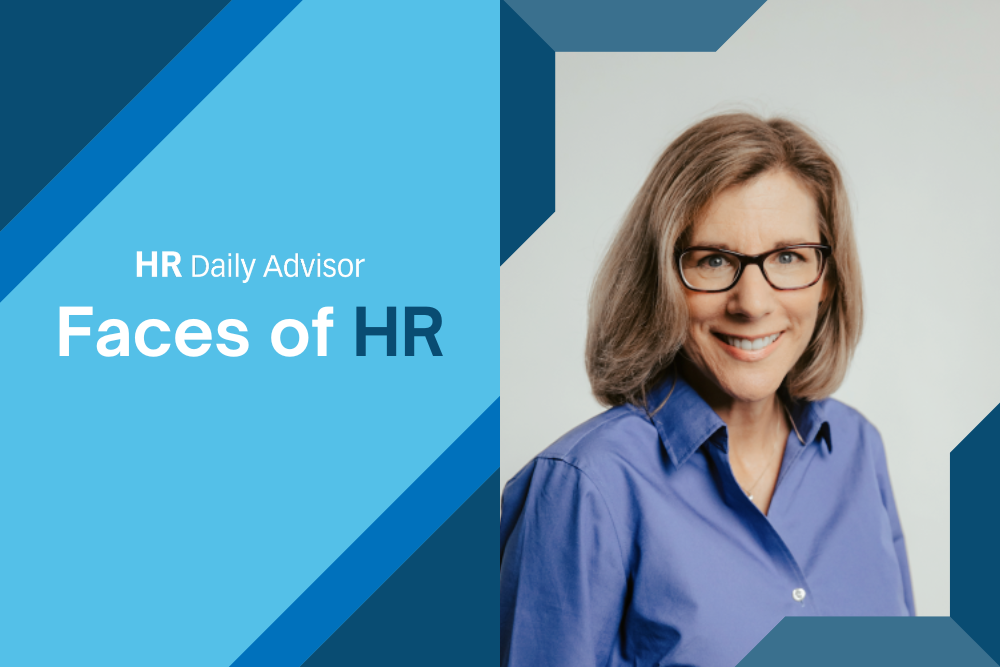Kari Mayfield, the Director of Diversity, Equity, and Inclusion (DEI) at Ping Identity, is a passionate advocate for fostering inclusive workplaces. With a unique blend of educational expertise and corporate experience, Mayfield has carved a successful career in DEI, inspiring others along the way.
Mayfield’s journey began in the classroom, where she taught language arts. However, her passion for learning and development soon led her to the corporate world, where she honed her skills in instructional design, performance consulting, and project management. It was during this time that Mayfield was tasked with designing a diversity training workshop, an experience that would shape the trajectory of her career.
Inspired by her personal experiences and the impactful work of leaders like Jill Zimmerman, Mayfield transitioned into a dedicated DEI role. Zimmerman, a visionary in the field, recognized Mayfield’s potential and provided her with invaluable mentorship and opportunities.
“I worked for Jill at two separate companies,” Mayfield explained to HR Daily Advisor. “She is an amazing leader in the field who was influential and gave back to many. She recognized that not everyone took the “standard” career path and offered opportunities to many with potential. Truly an inspiration and a role model as an inclusive leader.”
At Ping Identity, Mayfield partners with leadership to develop and implement strategies that promote diversity, equity, and inclusion. She works closely with employees at all levels to create a culture where everyone feels valued and respected. Mayfield is particularly proud of the company’s Employee Resource Groups, which provide a space for employees to connect, network, and support one another.
Mayfield’s commitment to fostering inclusion is evident in her approach to her work. She believes that creating a truly inclusive workplace requires a holistic approach that addresses both individual and systemic issues. By focusing on accountability, education, and process improvement, Mayfield is working to build a more equitable and inclusive future for all.
In our latest Faces, meet Kari Mayfield.
What’s your favorite part about working in the industry? What’s your least favorite part, and how would you change it?
While the industry continues to evolve over the years it’s also exciting to continually learn and grow. I am a “life-long learner” which keeps the work interesting. Also, I’ve enjoyed learning about the different industries I’ve worked in (financial, insurance, health benefits, technology).
When new leaders come into place and sometimes you feel as if you are starting over.
It sounds like through your experience you really care about people, and you want to help them feel safe and comfortable, which is important in the industry. Please elaborate here.
Having a safe space – knowing that it’s safe speaking up is essential to who we are – and this is included in the workplace. When people feel fully comfortable in a situation, they are more willing to open up and share. Given we all come from different walks of life we’ve had different experiences that enable us to more readily “speak up”, or not. While, yes, it’s up to the individual to take ownership of this, I would say a manager is equally responsible for creating an environment conducive to this type of exchange. This is one reason why I think increasing awareness and education are key to fostering this.
How can HR most effectively demonstrate its value to the leadership team?
DEI is a business imperative – and must be viewed as such. The business case has been proven over and over; and it’s important that we upskill our HR leaders and partners to truly advocate for inclusive talent processes and policy improvements in the workplace. It’s essential that, as a team, we are speaking a common language about this work in the same way – it’s all about getting the best out of our talent/people.
Where do you see the industry heading in five years? Or are you seeing any current trends?
Despite the churn you are seeing externally (political climate, affirmative action, racial inequity, economic turndown, war crisis, etc.) I think you will see many companies double down on diversity efforts, not steer away from them. I think we will also have more of a focus on inclusion and belonging—as everyone sees themselves here. You’ll see increased focus on:
- People: Recognizing and supporting developing inclusive leadership competencies, and extending resources to those practicing inclusive behaviors
- In the Marketplace: Increasing efforts to mitigate bias in AI and creating inclusive product/service designs.
- Society: Companies that address social issues will continue. While ESG and DEI currently are under attack I do believe they positively have a significant impact on the reputation and ability to attract customers and employees as people find organizations supporting environmental and social causes more appealing.
What are you most proud of?
While we know change is hard and takes time—setting the foundation using a holistic approach (from policies, process improvements, metrics and goals, accountability, etc.). Is what creates an inclusive workforce you’d like to see
Launching ERGs in three different companies all in different industries
And, without building relationships with employees (at every level) and peers none of this of this would happen.
Do you have any advice for people entering the profession?
You don’t need to be an expert in everything. Surround yourself with others who provide expertise, inspiration and support and who will help you become more well-rounded over time.
Be a life-long learner.
- Educate yourself—keep up to date on DEI topics through personal research, peer colleagues, news and articles.
- Be open and curious—listen, empathize, reflect to learn.
- Be willing to be vulnerable—learn from mistakes because we all make them no matter our role.
We are on a journey—it’s not a cliché—it’s true. This is a long game. Given the current climate you need “thick skin”, and you must be confident in your expertise and the importance of this continued work.


